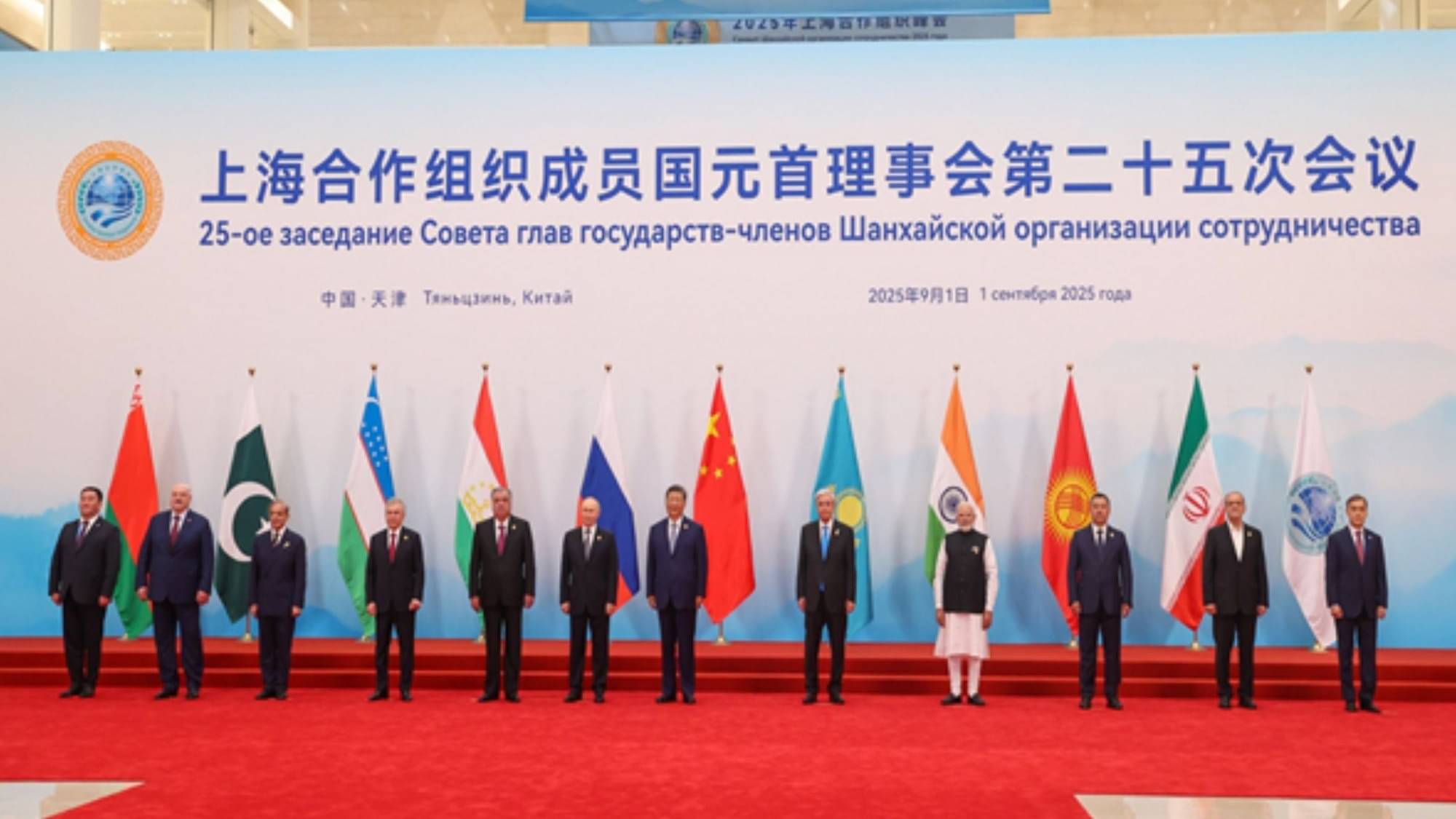Now Reading: LNJ GreenPET, Sumitomo Corp Partner to Strengthen India’s r-PET Value Chain
-
01
LNJ GreenPET, Sumitomo Corp Partner to Strengthen India’s r-PET Value Chain
LNJ GreenPET, Sumitomo Corp Partner to Strengthen India’s r-PET Value Chain

Rapid Summary:
- Indian company LNJ greenpet has signed a memorandum of understanding (MoU) with japan-based Sumitomo Corporation to form a strategic collaboration in the recycled polyethylene terephthalate (r-PET) sector.
- The partnership will focus on commercial development, raw material procurement, marketing efforts, and investment opportunities for LNJ GreenPET’s r-PET project set to commence production in India by 2026.
- A comprehensive market study will be conducted jointly by both companies to assess India’s r-PET market through customer segmentation, supply chain benchmarking, technical assessments, and regulatory feasibility analysis.
- Sumitomo Corporation will temporarily source r-PET flakes from Southeast Asia and other regions during the pre-production phase while collaborating on sales channel development for domestic and international markets.
- Riju Jhunjhunwala of LNJ Bhilwara Group highlighted the partnership’s alignment with India’s circular economy goals and its emphasis on creating sustainable packaging solutions through advanced recycling technologies.
- Yutaka Takamura from Sumitomo underscored the importance of combining global experience with local expertise to build a robust circular economy system addressing both domestic and global demands.
Indian Opinion Analysis:
This collaboration between LNJ GreenPET and Sumitomo Corporation marks an important step in enhancing India’s sustainable practices amid rising demand for eco-kind packaging solutions globally. Establishing an organized framework for market studies highlights serious intent toward understanding local challenges while leveraging international expertise. The temporary reliance on imported materials during pre-production illustrates practical measures to bridge gaps before full-scale operations begin in 2026.From an industrial outlook, this alliance aligns well with India’s growing emphasis on circular economies that mitigate environmental impact while fostering technological innovation for large-scale recycling systems. International partnerships such as this can play a crucial role not only economically but also environmentally by reducing plastic waste through efficient resource utilization-even though their long-term success may depend heavily upon navigating regulatory hurdles effectively.
Read More: Link



























